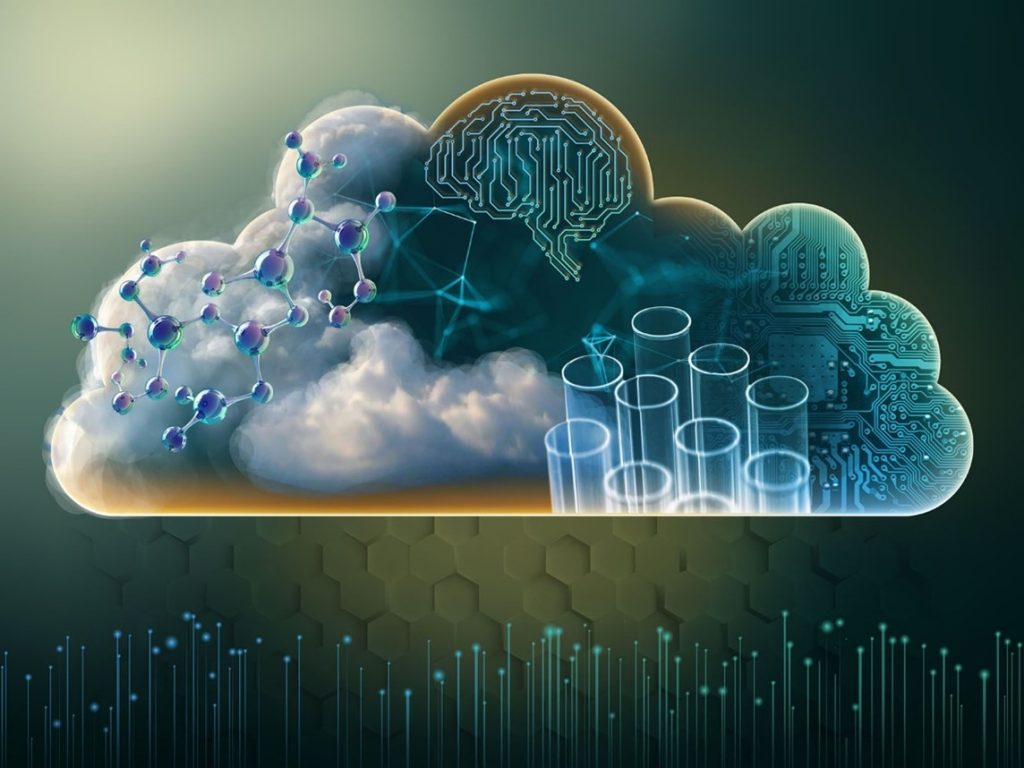Researchers from the Pacific Northwest National Laboratory are working on a project called TEC4 to speed up computational chemistry by utilizing cloud computing resources. By making supercomputer-scale resources available through the cloud, the team hopes to advance the search for solutions to break down toxic chemicals that are difficult to eliminate. The collaboration between PNNL and partners such as Berkeley Lab and Microsoft aims to revolutionize scientific computing by bundling software as a service with cloud computing resources.
Using resources like Berkeley Lab’s Perlmutter supercomputer and Microsoft’s Azure Quantum Elements platform, the researchers recently ran a simulation of chemical interactions involving the toxic compound perfluorooctanoic acid (PFOA). The simulation showed promising results in breaking down molecular bonds of PFOA, providing insights into the degradation of this persistent environmental pollutant. This proof-of-concept exercise demonstrates the potential of cloud computing in advancing computational chemistry, highlighting the importance of collaboration between different institutions and entities.
The team is now looking to expand their cloud-based platform by involving more collaborators and rigorous testing. By building a family of codes and involving a community of users, the researchers hope to leverage GPU-based computing for AI and machine-learning applications. The development of a graduate-level course at the University of Texas at El Paso, in collaboration with PNNL and Central Michigan University, showcases the project’s potential impact on the future of chemical research and computational chemistry.
The study, titled “Electronic Structure Simulations in the Cloud Computing Environment,” was recently published in the Journal of Chemical Physics, with PNNL’s Eric Bylaska and Ajay Panyala as lead authors. The research paper highlights the progress made by the TEC4 project in leveraging cloud computing to accelerate computational chemistry. With contributions from a wide range of authors representing various institutions such as PNNL, Microsoft Quantum, Berkeley Lab, and Argonne National Lab, the study emphasizes the collaborative effort required to advance scientific computing.
Through collaborations between academic institutions, national labs, and industry partners, the TEC4 project is pioneering a new paradigm for scientific computing. By utilizing a combination of high-performance computing and cloud resources, the researchers hope to enable users to access different layers of compute power based on their needs, ultimately paying only for what is necessary. This approach not only accelerates computational chemistry but also paves the way for new methods of conducting chemistry research and exploring complex scientific problems.
In conclusion, the TEC4 project led by researchers from the Pacific Northwest National Laboratory is making significant strides in advancing computational chemistry through cloud computing. By utilizing supercomputer-scale resources available via the cloud, the team is breaking new ground in the study of complex chemical interactions and the breakdown of toxic compounds. Through collaboration with partners such as Microsoft and academic institutions, the project aims to build a community around cloud-based computing, revolutionizing the way scientific research is conducted and providing valuable insights into chemical behavior and environmental degradation.












